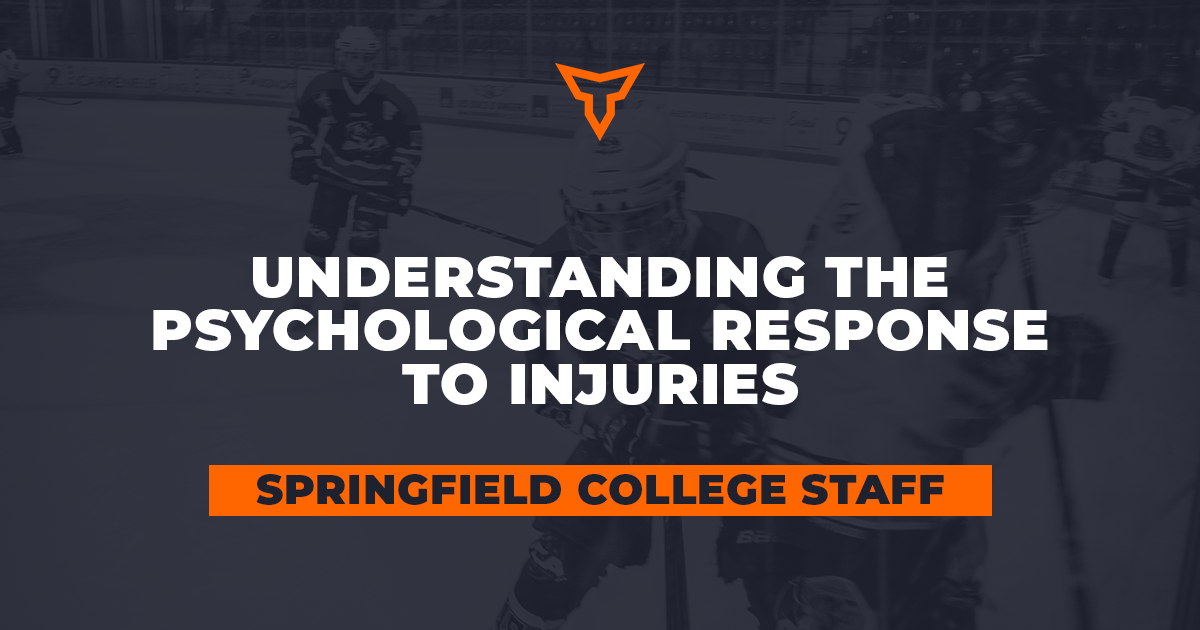Author: Dr. Matthew Hood
Cognitive Performance Specialist: Who are they?
Cognitive Performance Specialists (CPS) are typically interested in understanding and optimizing sports and performance from a psychological perspective. CPSs uncover and apply scientifically proven approaches, constructs, methods, and skills to educate performers and assist them in finding effective and efficient ways to maximize their experiences and performance in their contexts. These performers include members of the military and emergency responders. Other professions like performing arts, exercise and wellness, medicine, and athletes refer to their mental performance provider as a Mental Performance Coach (MPC). Whether a CPS or a MPC they provide the same services and often have the same level of education, skills, and certifications.
What Does a CPS Do?
CPSs are typically an embedded asset to an organization to provide education to enhance mental and operational performance. A CPS may work alongside a strength and conditioning coach, a physical therapist, a dietician, and/or an athletic trainer. This new interdisciplinary approach takes a holistic framework to the responders. A CPS will be able to provide education to increase proficiency in cognitive processes and self-regulation skills to help operators and responders successfully manage their thoughts, emotions, and behaviors while helping the individual or unit reach their performance and well-being goals in demanding and changing environments. Therefore, there is also a mental health component to their services as well.
CPSs will enhance mental performance skills like:
- Motivation,
- Confidence,
- Attentional focus,
- Arousal/emotional regulation,
- And mindfulness
These skills are enhanced by employing mental tools like imagery, self-talk, energy management techniques, mindfulness-based interventions, routines, and/or goal setting.
What does all this look like in the day-to-day? That depends on how the organization wants to utilize the CPS. Typically, a CPS will have a framework ground in scientific research. Then through various points of observation and discussions, the CPS should develop a program around the needs of the organization.
Here is an example of a framework:
This framework begins with the mindset and purpose of the individual or unit. The skills employed are awareness, energy management, and visualization to weaponize the mind of the individual or unit. This does not mean awareness, energy management, and visualization are the only tools used; these are the main three that are taught. The members may go through a weekly program to enhance mindset, purpose, mindfulness, etc. to weaponize the mind and then shift to a more individual level, while still observing training iterations.
The ability of the CPS to observe should always be a part of the program. This way the CPS has the ability to see if individuals are utilizing the tools and where barriers exist in operational training. The CPS may also employ cognitive-related tasks during PT or day-to-day activities. This will be discussed in the next blog.
The CPS will engage at the individual, small unit level, or the entire ladder company/police precinct. CPSs that are integrated into interdisciplinary teams will look to work alongside the other members of the team. For example, a CPS may work alongside a S&C Coach during physical training to see how the individual is regulating their energy, awareness of body moments, engaging with one’s self-talk, discussing skill acquisition, and observing cohesion within the group. The CPS could also work alongside the ATC or DPT to assist in the rehabilitation of an injured individual. Many who suffer from injury, even if the injury is minor, may begin to have identity concerns. This is due to not being able to perform their task and they may lose a sense of purpose. If this is not the case then visualization, self-talk, goal setting, and rehabilitation adherence are usually the focus.
Limitations of the CPS
The CPS has limitations in the clinical side of the mental health spectrum. There may be CPSs that have a dual hat and practice in both clinical and mental performance, so it is important for the population to understand where the CPS is coming from. This can be confusing to individuals. Therefore, when employing a CPS, it is important to explain the expectations and role of the CPS. The CPS can support the clinical mental health of the individual or group by actively and empathetically listening as well as providing resources to include a referral to a state-licensed provider. The CPS should never ignore clinical barriers and should always have a plan to assist the population they are embedded with.
Often the tactical or first responder population suffers from trauma either from their occupation or from other parts of their lives. First responders or tactical populations may have grief, confusion, sadness, dissociation, or a blunted effect if suffering from a traumatic experience. While many of the skills employed by the CPS can help, the best option is working together with a clinical provider. Remember, the focus of the CPS is assisting and enhancing the mental performance of the individual or group, this does not mean the client-CPS relationship has to stop while seeking assistance from a licensed provider. Working with both will only further enhance the individual by improving their mental health.
Summary
The CPS is a valuable asset to an organization because their main purpose is to enhance the mental performance of the individual or group. Grounded in a framework and through observations, the CPS can enhance mental skills like motivation, confidence, mindfulness, attentional focus, etc. so the individual can optimally perform the task at hand. The framework will be part of their personal beliefs when it comes to performance excellence but also based on the needs of the individual and group. The major limitation to the CPS that specializes in mental performance is they are not allowed to provide clinical services. The CPS can provide additional resources and a referral to the clinical provider. Seeking out a CPS is a proactive approach for an organization and one that can change the organization from the bottom up.
About the Author:
Dr. Matthew Hood is located in the Sandhills of North Carolina, providing sport and performance psychology services to adolescent and adult populations including elite service members and first responders. As a Mental Performance Consultant, Dr. Hood focuses on the mental components of performance and works with these populations to help strengthen their mental armor. He educates individuals on the importance of being in the moment to enhance performance. Dr. Hood utilizes mindfulness techniques and ACT principles to enhance performance both on the field and in the classroom as well as in the high-stress environments the tactical population finds themselves in.
Before his current role as a mental performance consultant, Dr. Hood served in the United States Marine Corps from 2004 to 2013. He currently serves as a Cognitive Performance Specialist in which he assesses, educates, and observes US Pilots to enhance mental performance. Dr. Hood also serves as a member of the US Olympic and Paralympic Committee's Sport Psychology Registry. These experience along with his education background has brought him to the field of sport and performance psychology in order to educate athletes and service members/first responders on performance enhancement techniques but also give them the resources to excel in life.
Subscribe to our blog
Subscribe to receive the latest blog posts to your inbox every week.
Related posts

Sport Psychology Starter Pack: What to Focus on with Your Athletes

From the GA's Desk: Understanding the Psychological Response to Injuries

